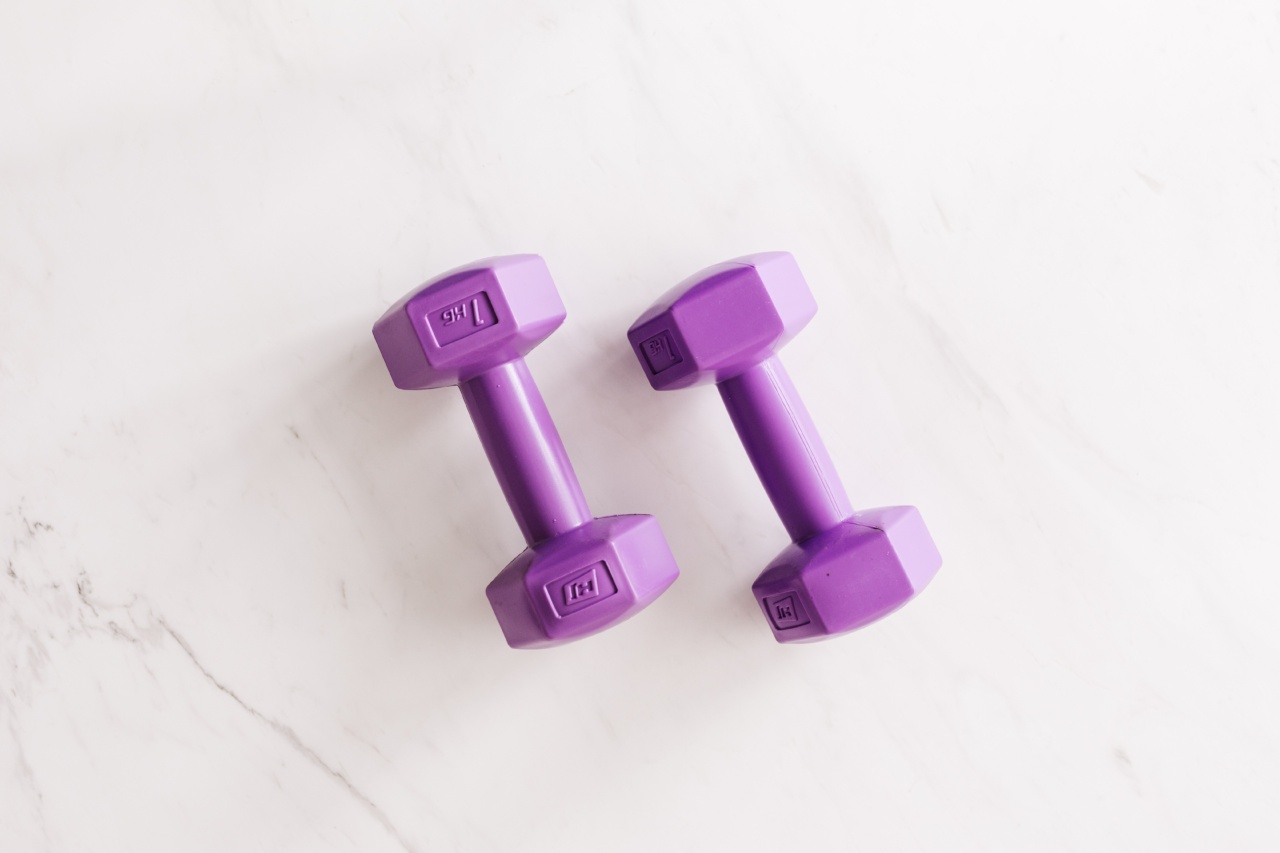It’s a universal truth that our bodies go through numerous changes as we grow older. In many cases, this results in an overworked, stressed-out body that can’t function properly.
This can lead to various health problems, especially if we do not take proactive action. Fortunately, it’s possible to make positive changes and improve your well-being, no matter what age you are.
1. Address Your Diet
A healthy, balanced diet is key to good health, and addressing your diet can have a significant impact on physical well-being. Include plenty of fruits and vegetables, lean protein, and whole-grain carbohydrates.
Avoid processed foods, sugary snacks, and caffeine, as these can wreak havoc with your body. Make sure you drink plenty of water to stay hydrated and help flush toxins out of your body.
2. Get Regular Exercise
Regular exercise is essential for a healthy body, and there’s no denying the benefits of a good workout. Exercise doesn’t have to be intense, but it should be consistent.
Try to include at least 30 minutes of moderate exercise in your daily routine, such as brisk walking, cycling, or swimming. Exercise helps to increase energy levels, improve mood, and can help you lose weight and reduce stress.
3. Manage Stress
Stress can wreak havoc on your body, causing a range of emotional and physical problems. If you’re feeling stressed, it is important to take proactive action to manage it.
This could mean taking a few minutes to meditate, practicing yoga, or finding a quiet place to unwind. The key is to find something that works for you, that you can commit to on a regular basis.
4. Prioritize Sleep
Sleep is essential for a healthy body, and a lack of sleep can have a major impact on your health. Make it a priority to get at least 7-8 hours of sleep each night, and ensure that your sleeping environment is conducive to a good night’s rest.
This might mean investing in a comfortable mattress, minimizing light and noise, and avoiding caffeine before bed.
5. Be Mindful of Your Posture
Many of us take our posture for granted, but poor posture can lead to a range of problems, including back pain, neck pain, and headaches.
When sitting or standing, make a conscious effort to sit up straight, keep your shoulders relaxed, and avoid slouching. If you work at a desk, consider investing in an ergonomic chair and positioning your computer at eye level.
6. Take Care of Your Skin
Your skin is the largest organ in your body, and taking care of it is essential for a healthy body. Protect your skin from the sun by wearing sunscreen and protective clothing, and avoid tanning beds and tobacco products.
Invest in high-quality skincare products and make a habit of cleansing, moisturizing, and exfoliating your skin on a regular basis.
7. Seek Professional Help When Needed
If you have a health concern, don’t hesitate to seek professional help.
Whether it’s a simple check-up with your doctor, a visit to a chiropractor, or a consultation with a nutritionist or personal trainer, seeking professional help can go a long way towards achieving a healthy body.
8. Practice Mindfulness
Mindfulness is the practice of being present in the moment and cultivating a sense of awareness. It can help to reduce stress, improve emotional well-being, and promote physical health.
Incorporate mindfulness into your daily routine by taking a few minutes to meditate, practicing deep breathing exercises, or simply focusing on the present moment.
9. Connect with Others
Connection with other people is essential for a healthy body.
Whether it’s spending time with friends and family, joining a club, or volunteering, finding ways to connect with others can help to reduce stress, boost mood, and promote overall health and well-being.
10. Stay Positive
Maintaining a positive outlook can have a powerful impact on your health. Focus on the good things in your life, practice gratitude, and find ways to stay optimistic, even when things get tough.
A positive attitude can help to reduce stress, promote emotional well-being, and foster a healthy body.






























